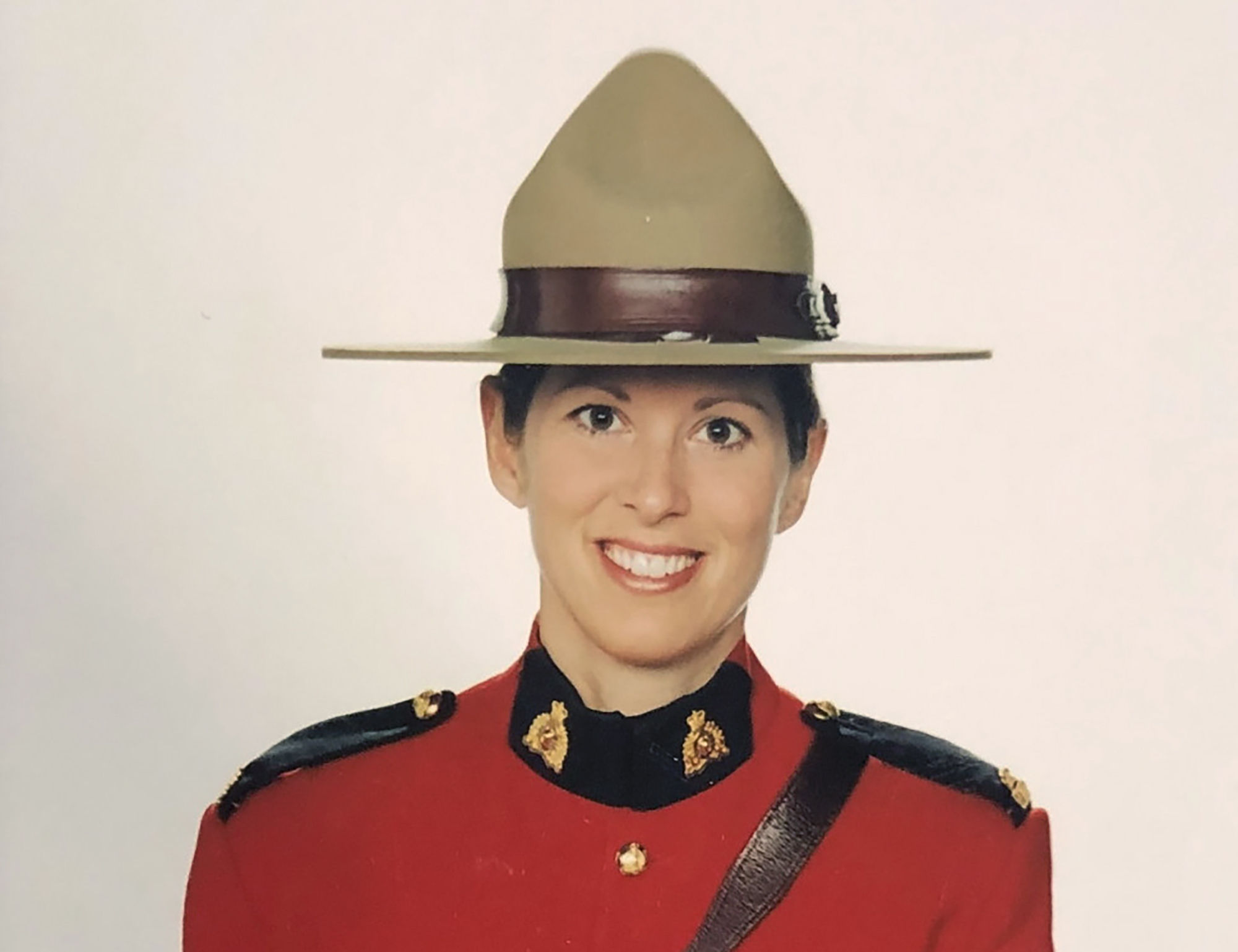A gunman disguised as a police officer went on a 12-hour rampage in the Canadian province of Nova Scotia, killing at least 16 people, including a policewoman, in the deadliest such attack in the country’s history.
Officials said the suspected shooter, identified as 51-year-old Gabriel Wortman who apparently worked as a denture-maker, was also dead. Police did not provide a motive for the killings.
“Today is a devastating day for Nova Scotia and will remain etched in the minds of many for years to come,” a visibly shaken Lee Bergerman, an assistant Royal Canadian Mounted Police (RCMP) commissioner, told a news conference on Sunday.
Overnight on Saturday, police began advising residents of the rural town of Portapique, about 60 miles north of Halifax — already on lockdown because of the coronavirus pandemic — to lock their doors and stay in their basements.
Several bodies were later found inside and outside one home in the small town of Portapique.
Bodies were also found at other locations.

The assault began late on Saturday, and authorities believe the shooter may have targeted his first victims but then began attacking randomly.
Several homes in the area were set on fire as well.
RCMP spokesman Daniel Brien confirmed that 16 people had been killed in addition to the suspect.
The dead officer was identified as Constable Heidi Stevenson, a mother of two and a 23-year veteran of the force. Another officer was also injured.
Police said Wortman was thought to live part-time in Portapique. Authorities said he wore a police uniform at one point and made his car look like a Royal Canadian Mounted Police cruiser.
Police first announced that they had arrested him at a petrol station in Enfield, outside Halifax, but later said he had died. It was not clear how, and they did not explain further.
“This is one of the most senseless acts of violence in our province’s history,” said Nova Scotia Premier Stephen McNeil.
Mass shootings are relatively rare in Canada.
The country overhauled its gun-control laws after gunman Marc Lepine killed 14 women and himself at Montreal’s Ecole Polytechnique college in 1989.
Before this weekend’s rampage, that had been the country’s worst.
It is now illegal to possess an unregistered handgun or any kind of rapid-fire weapon in Canada.
The country also requires training, a personal risk assessment, two references, spousal notification and criminal record checks to purchase a weapon.

“As a country, in moments like these, we come together to support one another. Together we will mourn with the families of the victims, and help them get through this difficult time,” Prime Minister Justin Trudeau said in a written news release.
While officials believe the attack did not begin as random, RCMP Chief Superintendent Chris Leather said many of the victims did not know the shooter.
“That fact that this individual had a uniform and a police car at his disposal certainly speaks to it not being a random act,” Mr Leather said. He added that police believe he acted alone.
Mr Leather said they would investigate whether the attack had anything to do with the coronavirus pandemic but no link has been found thus far.
At one point, there was an exchange of gunfire between the suspect and police, he said.
Corporal Lisa Croteau, a spokeswoman with the provincial force, said police received a call about “a person with firearms” late on Saturday night, and the investigation “evolved into an active shooting investigation”.
Christine Mills, a resident of the area, said it had been a frightening night for the small town, with armed officers patrolling the streets.
In the morning, helicopters flew overhead searching for the suspect.
Tom Taggart, who represents the Portapique area in the Municipality of Colchester, said the quiet community has been shaken.
“This is just an absolutely wonderful, peaceful quiet community and the idea that this could happen in our community is unbelievable,” Mr Taggart said by phone from his home in nearby Bass River.




Comments: Our rules
We want our comments to be a lively and valuable part of our community - a place where readers can debate and engage with the most important local issues. The ability to comment on our stories is a privilege, not a right, however, and that privilege may be withdrawn if it is abused or misused.
Please report any comments that break our rules.
Read the rules here